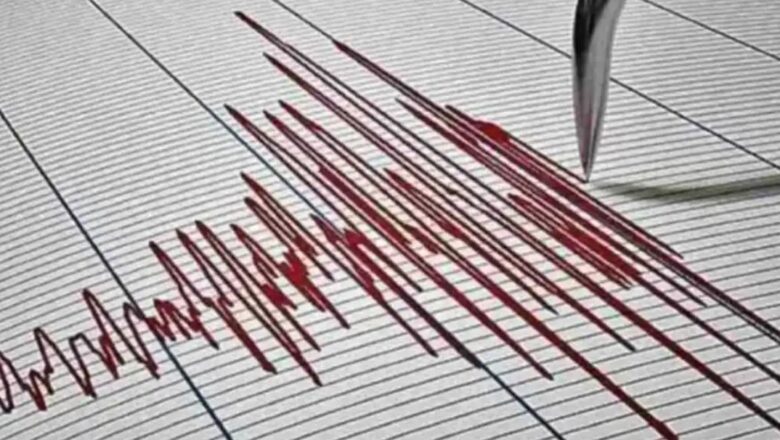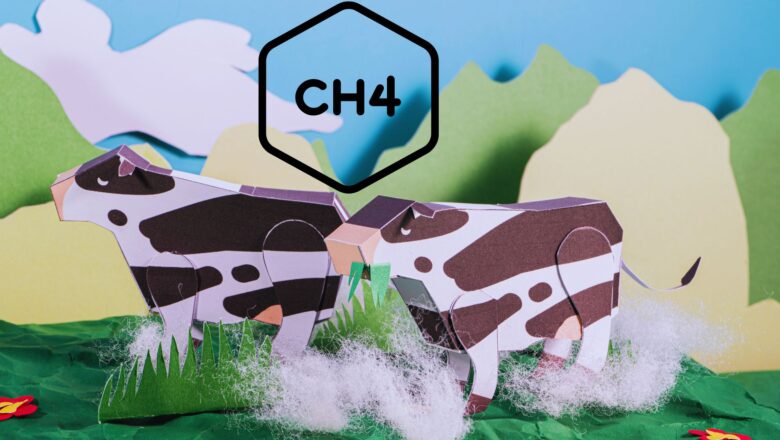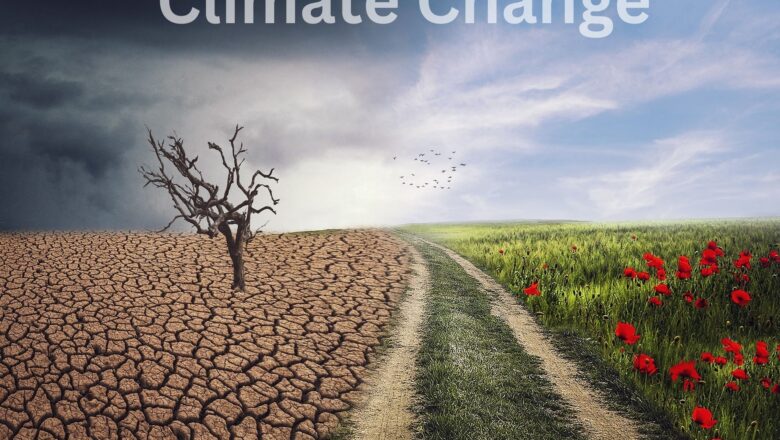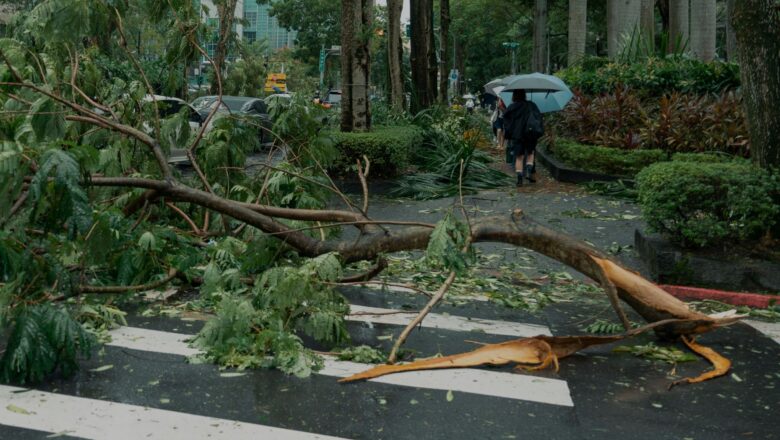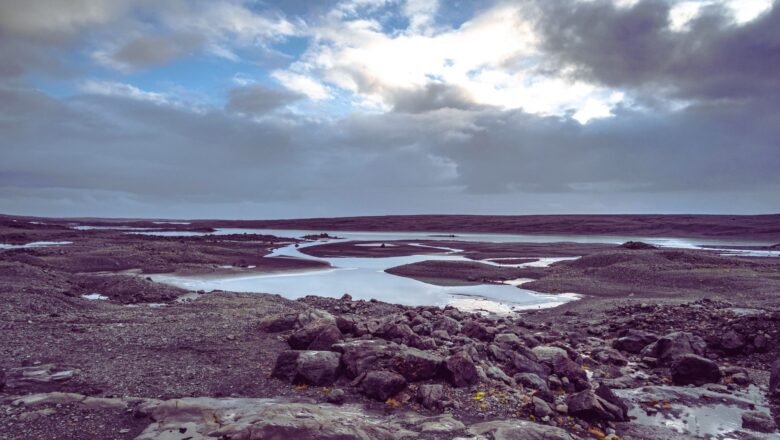
Board Game Turns Tide on Sea Level Awareness Among Youth
A new study reveals that a board game can significantly enhance young people's understanding of sea level rise and their ability to influence it. Over the past two years Utrecht University researcher Nieske Vergunst developed and tested the Sea Level Game assessing its impact on participants aged 16 to 25. The results show that players became more aware of climate change and more confident in making a difference.
Vergunst created the game to address a gap in climate communication particularly for those with low science exposure. “Sea level rise affects us all and people have a right to understand it,” she explains. Players take on roles in two teams Sea Level and Solution Level facing real-world dilemmas that shape the future. Their choices influence whether sea levels rise drastically ...



